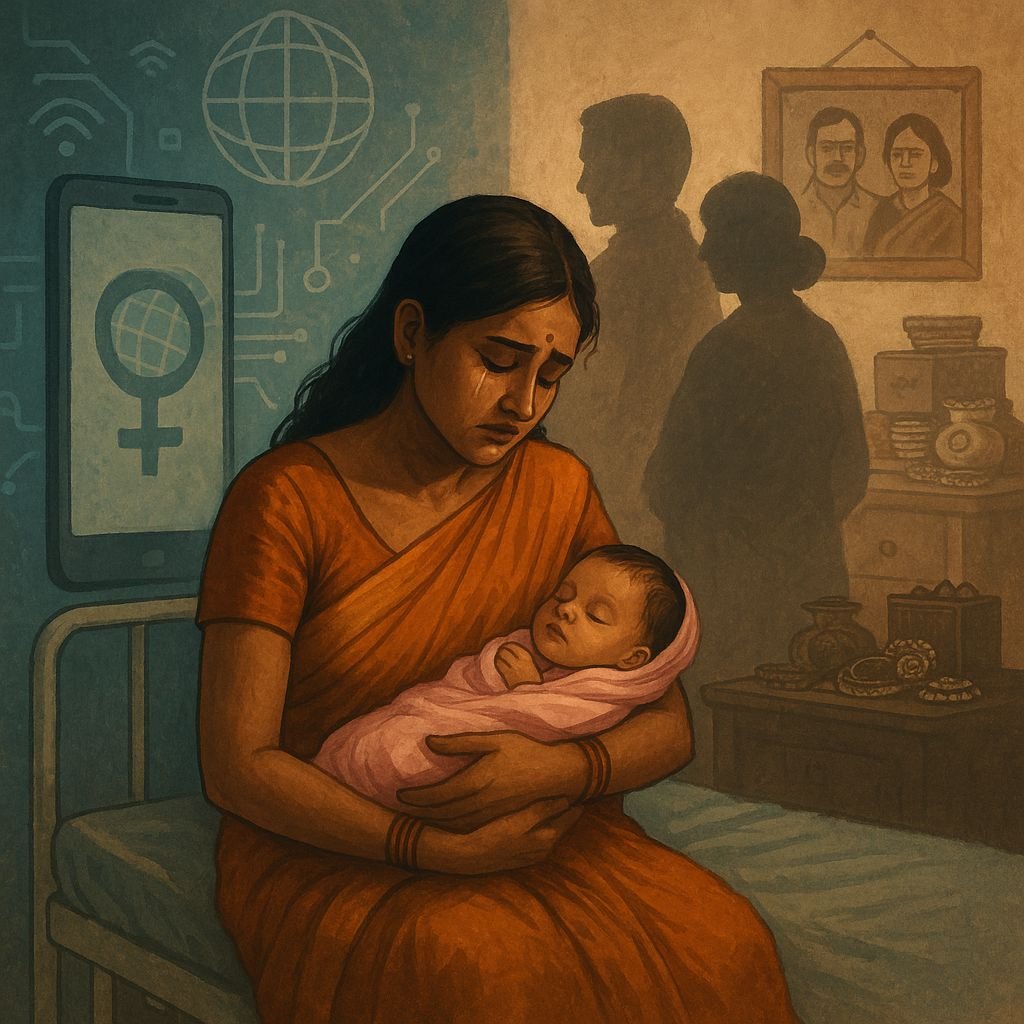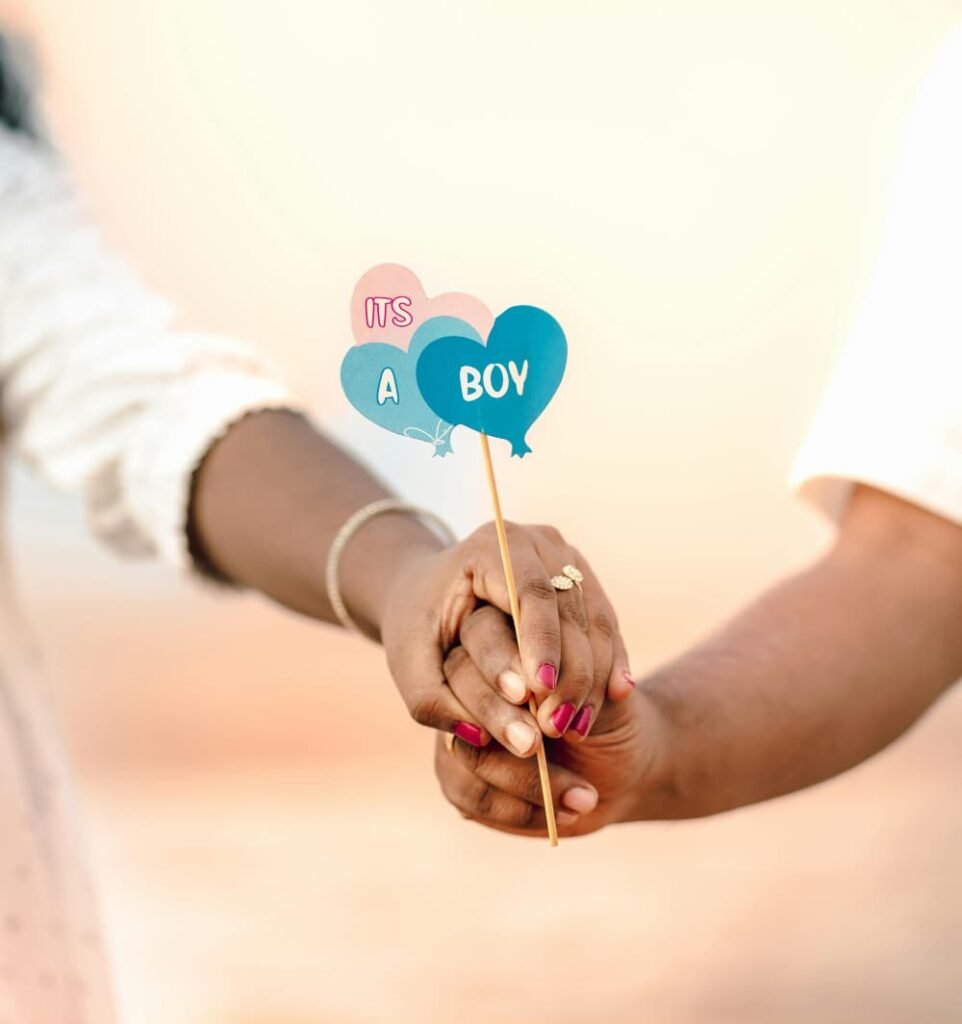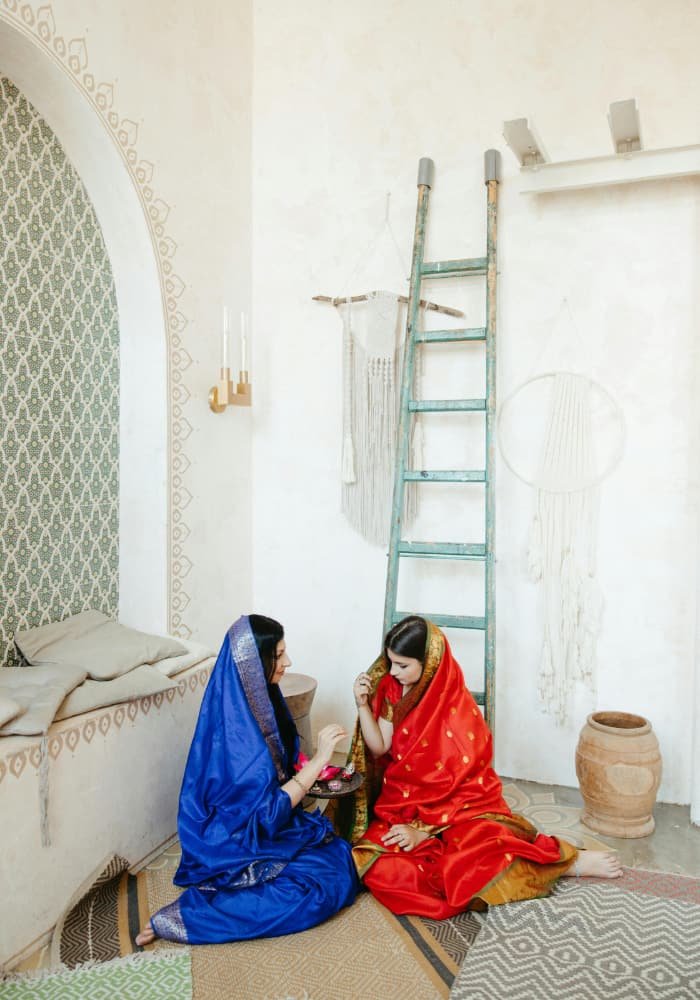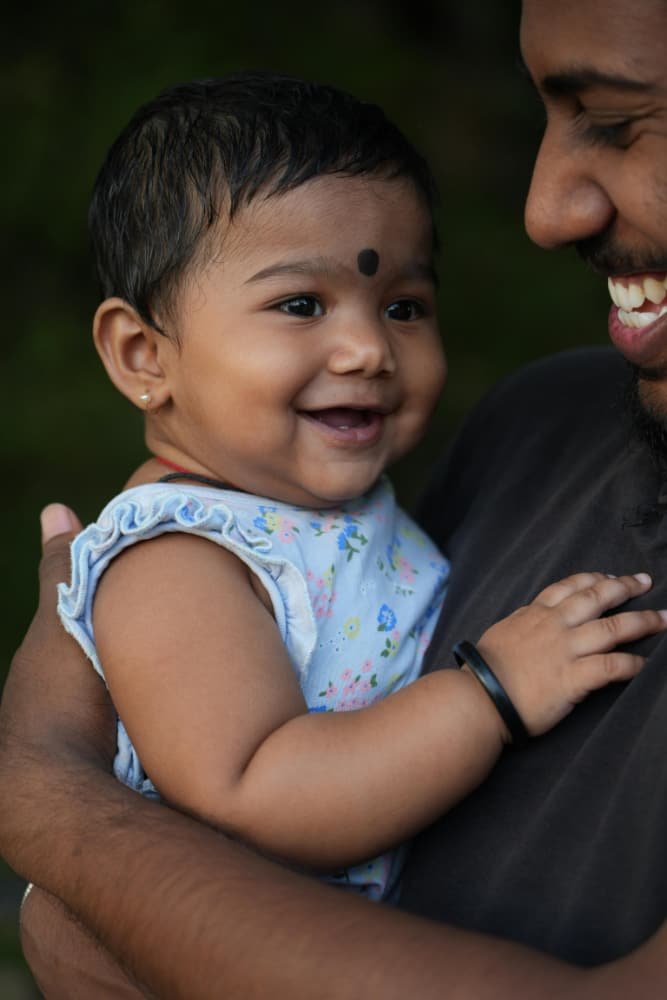Pregnancy Until a Male Child is Born: The Hidden Crisis in Indian Society

By Dr. Nutan Pakhare
Last week, one of my students broke down in class and shared something alarming. Her husband and in-laws filed for divorce because she gave birth to a girl. Just like that, her entire life was shattered—not because she was a bad wife or a bad mother—but simply because she did not deliver a boy.
And her story is not an isolated case…
We may live in an era of smartphones, space missions, and digital revolutions, but deep-rooted gender biases continue to poison the very foundation of many families. Every day, we hear about dowry deaths, suicides, and emotional abuse—all fueled by the cultural obsession with producing a male heir.
Take, for instance, the tragic case of Vaibhavi Hagwane, a 23-year-old woman from Pune. Harassed relentlessly by her in-laws and husband, she ended her life after suffering prolonged emotional and physical torture. Though her case was not related to gender bias, it highlights the broader struggle of women facing domestic abuse and social pressures in India. These are not personal tragedies—they are systemic failures.
This blog explores the intersection of cultural expectations and maternal health—particularly in the context of multiple pregnancies. It is about what happens when society pressures a woman to keep getting pregnant until she delivers a male child.

The Cultural Obsession with Sons in India
Patriarchy and the Lineage Argument
In many Indian households, having a son is not just a preference but a cultural mandate. Sons are seen as carriers of the family name and heritage. The belief that only a boy can perform the last rites and inherit family property gives this desire religious and societal backing.
Sons as Future Breadwinners
The common assumption is that sons will grow up to financially support their parents, while daughters will leave after marriage. This “return on investment” mindset concludes that boys are a long-term asset and girls are a burden.
Gender Roles and Financial Security Myths
Ironically, many elderly parents today are taken care of by their daughters. Yet the myth persists that only sons provide financial security. This outdated belief continues to pressure women into producing male offspring, regardless of the physical and emotional cost.
The Female Burden – Being Forced into Repeated Pregnancies
The “Try Again” Culture
One girl child is rarely “enough” in a patriarchal family. Women are often told to try again, meaning try until they have a boy. In this toxic cycle, many women end up with multiple children, often with no gap between pregnancies, leading to severe health complications.
Religious and Familial Pressures
Many households, relatives and even priests perform rituals to “ensure” the next child is a boy. From dietary restrictions to unscientific remedies, women are pushed through a series of exhausting and emotionally degrading steps—all in the hope of conceiving a son.
Lack of Bodily Autonomy
Worst of all, many women have no say in the matter. Decisions about whether or when to conceive are made by husbands and in-laws. The idea that a woman has full ownership of her body is still a distant dream in many Indian marriages. This forced reproductive cycle breaks them mentally and physically.

Health Impacts of Repeated Pregnancies
Physical Toll on the Body
Each pregnancy takes a toll, especially when pregnancies are closely spaced. Women face complications like uterine rupture, severe anaemia, calcium depletion, and chronic fatigue. In multiple pregnancies—like twins or triplets—the strain is even more intense, often requiring caesarean sections or prolonged hospitalisations.
Increased Risk of High-Risk Pregnancies
Repeated pregnancies significantly raise the chances of serious complications such as preeclampsia, gestational diabetes, and postpartum haemorrhage. These conditions can endanger both the mother and the baby, especially when proper medical care is lacking, which is often the case in rural or financially struggling households.
Psychological Damage and Emotional Exhaustion
The emotional toll of these expectations is equally horrifying. Many women report feeling like vessels—used only for reproduction. The relentless pressure to conceive a boy result in severe stress, postpartum depression, and, in many cases, suicidal ideation. Mental health support is rare, and silence becomes their only coping mechanism.

Societal and Legal Failures
Misuse and Loopholes in the PC-PNDT Act
India’s Pre-Conception and Pre-Natal Diagnostic Techniques (PC-PNDT) Act was designed to prevent sex-selective abortions. But despite the law, the ground reality remains grim. Illegal sex determination practices continue through private clinics, and offenders often escape through legal loopholes or corrupt systems.
Dowry, Domestic Violence, and Suicidal Triggers
In many cases, the pressure to produce a male child is linked with dowry expectations. A woman who gives birth to a girl is seen as a double burden—first for the dowry given at her marriage and second for the one she will have to arrange for her daughter. Domestic abuse, emotional torture, and isolation are common triggers that lead women to suicidal thoughts or actions.
Why Legal Protections Are Not Reaching the Grassroots
The problem is not just in the laws but in their implementation. Police inaction, lack of community support, and insufficient outreach of women’s rights education mean that legal protections rarely reach the women who need them the most.
What the Data Says
Skewed Sex Ratio in Census Reports
The 2011 Indian Census revealed an alarming sex ratio of 919 girls for every 1,000 boys in the 0–6 age group. This was a glaring indicator of gender-selective practices. Despite progress in some states, many regions still show deeply concerning numbers.
States with Highest Gender-Based Abortions
States like Haryana, Punjab, and Rajasthan have long been known for their skewed sex ratios. These regions also see higher cases of repeated pregnancies among women driven by the desire for a male child.
Fertility Trends in Urban vs. Rural Areas
Urban areas are not exempt from these issues, but rural regions show more intense pressure, with significantly higher rates of high-parity births. The lack of education and access to contraception worsens the situation for many rural women.

Voices of Resistance – Women Who Said No
Case Studies of Empowered Women
Across India, some women have defied societal expectations. Some walked away from toxic marriages, and others turned their pain into purpose by helping others. These stories offer hope and highlight the importance of support systems.
Role of Education and Economic Independence
Educated and economically independent women are far more likely to assert their reproductive rights and protect their daughters. The shift starts with empowerment—financial, emotional, and intellectual.
Influence of NGOs and Grassroots Campaigns
NGOs like Breakthrough India and Save the Girl Child have been instrumental in awareness and education. Their work continues to empower communities to challenge regressive practices.
How Repeated Pregnancies Affect Children Too
Malnutrition in Siblings
When mothers are overburdened with repeated childbirths, existing children often suffer from neglect, especially in nutrition. Malnourishment becomes common, stunting development and leading to chronic health issues.
Financial Strain on the Family Unit
More children stretch family finances thin. In poor households, this often results in daughters being denied education or medical attention, reinforcing the cycle of gender inequality.
Emotional Neglect and Parental Fatigue
Physically and emotionally drained parents—particularly mothers—may struggle to nurture their children. This creates emotionally neglected children who may carry these scars into adulthood.
Psychological Trauma – Beyond the Physical Damage
Postpartum Depression and Gender Trauma
Imagine facing postpartum depression and then being blamed for birthing a girl. The emotional and psychological trauma this creates is enormous. Yet, it is hardly ever addressed.
Isolation from Support Networks
Many women are cut off from emotional support after giving birth to girls, leading to feelings of abandonment and worthlessness.
Long-Term Anxiety and Fear of Rejection
The trauma of being rejected—sometimes repeatedly—leaves deep emotional scars. The constant fear of being thrown out or replaced weighs heavily on women forced into multiple pregnancies.
Social Media and News Coverage – Double-Edged Sword
How Viral Cases Create Awareness
Social media has helped bring many of these issues to light. Campaigns and hashtags have started critical conversations once hushed behind closed doors.
Cyber Victim-Blaming and Misogyny
However, online platforms also expose women to victim-blaming and digital harassment, adding another layer of trauma to their lived experiences.
Using Digital Tools to Educate & Mobilise
Despite its dark side, the digital space can unite people and create positive change. Educational content, webinars, and survivor stories are helping shape new attitudes.

Final Reflections – Reimagining Womanhood in India
It is time society woke up to the harsh truth: a woman is not a failure if she gives birth to a girl. She is not a machine built to produce a male heir. She is human and worthy of respect, autonomy, and dignity.
We cannot claim to be a developed nation until we eradicate this mindset that reduces women’s reproductive output. We must raise our daughters to believe in their worth and raise our sons to respect it.
“We can’t call ourselves a just society while turning a blind eye to this injustice—change must begin today.”
